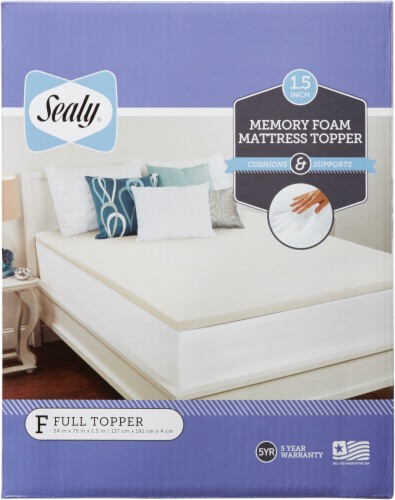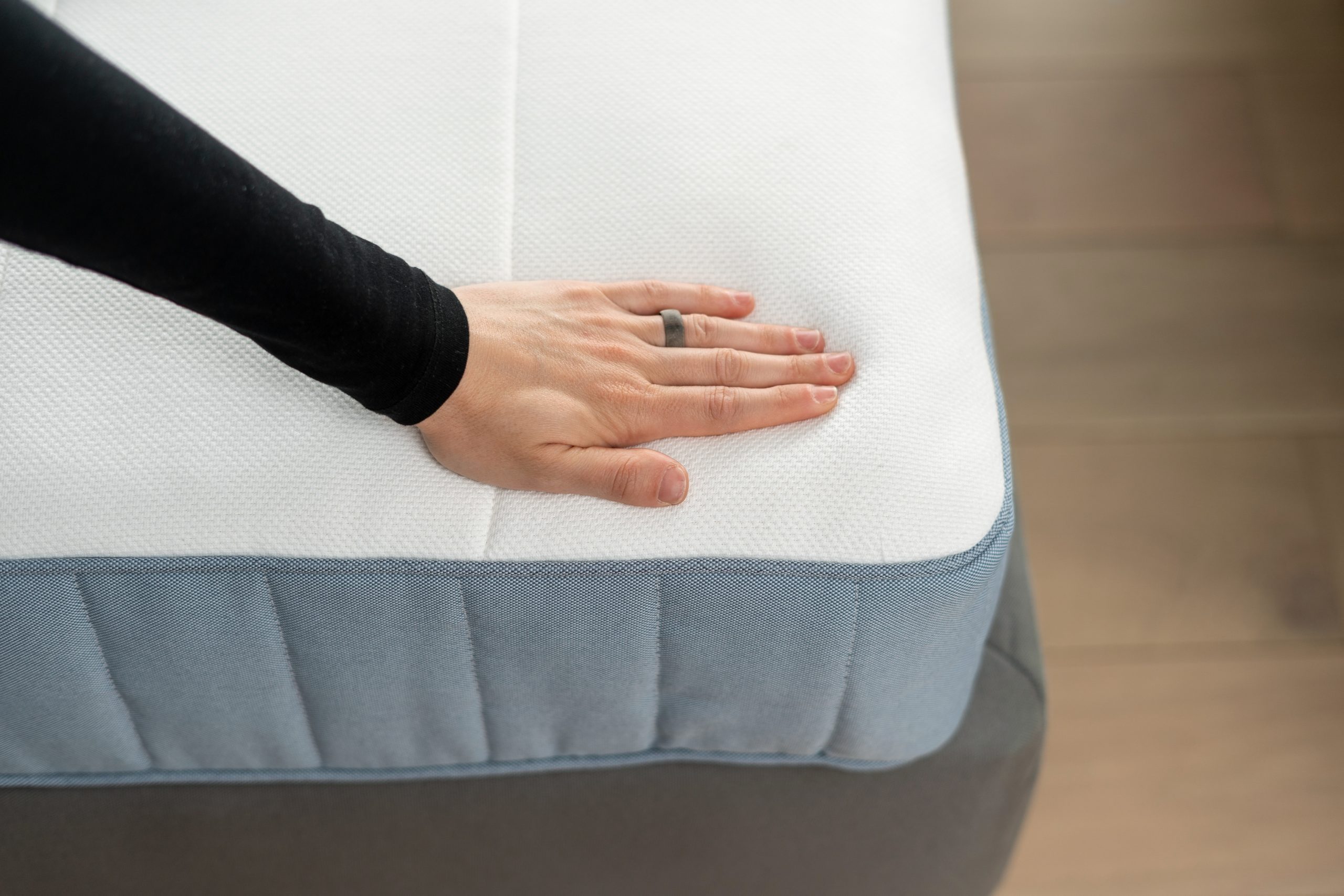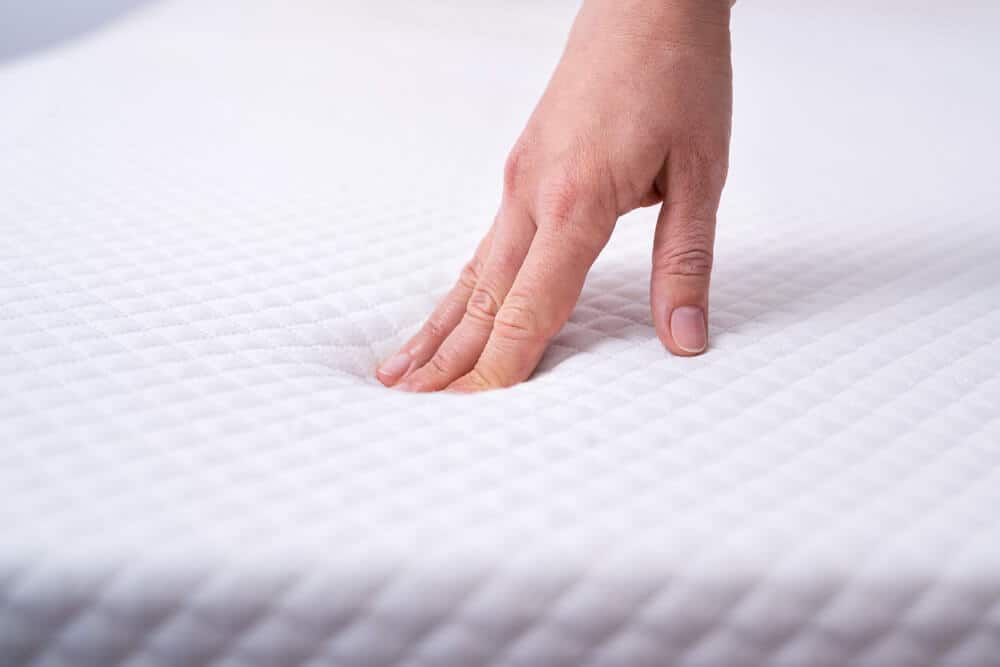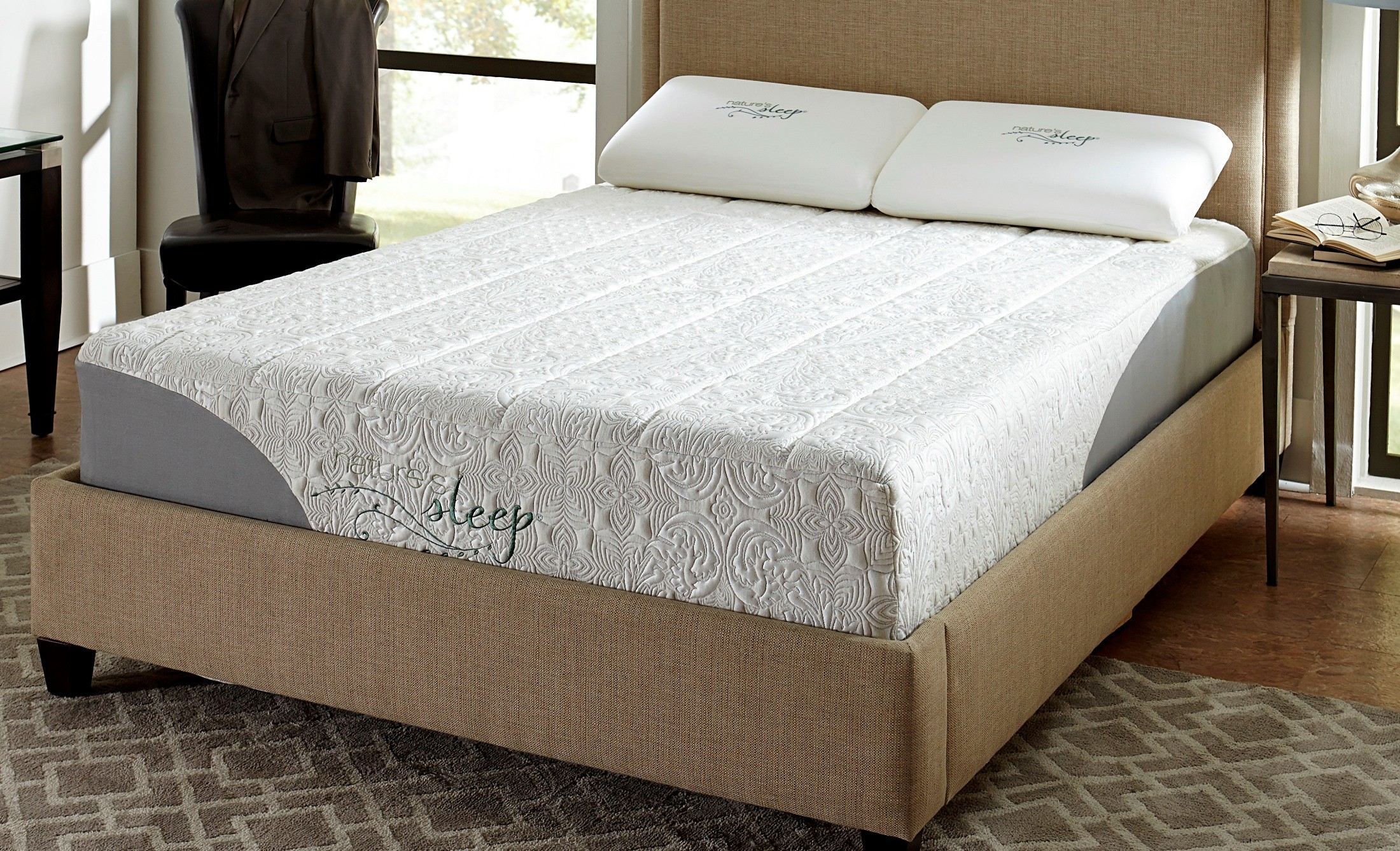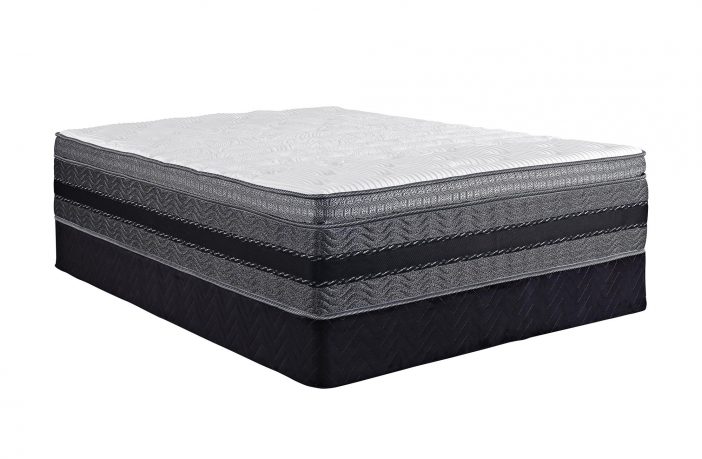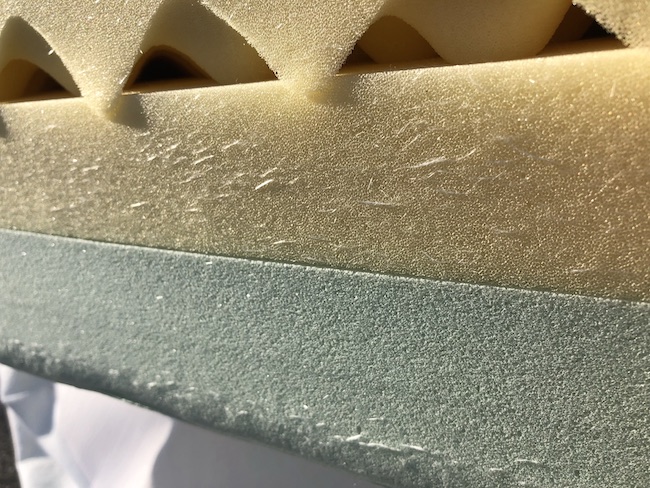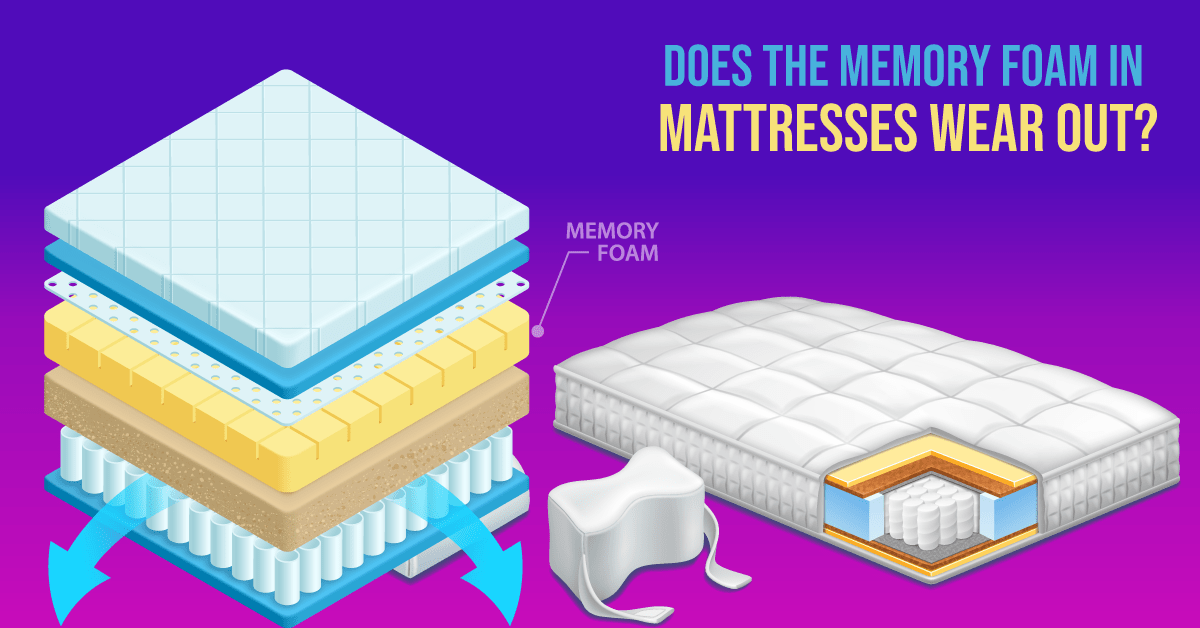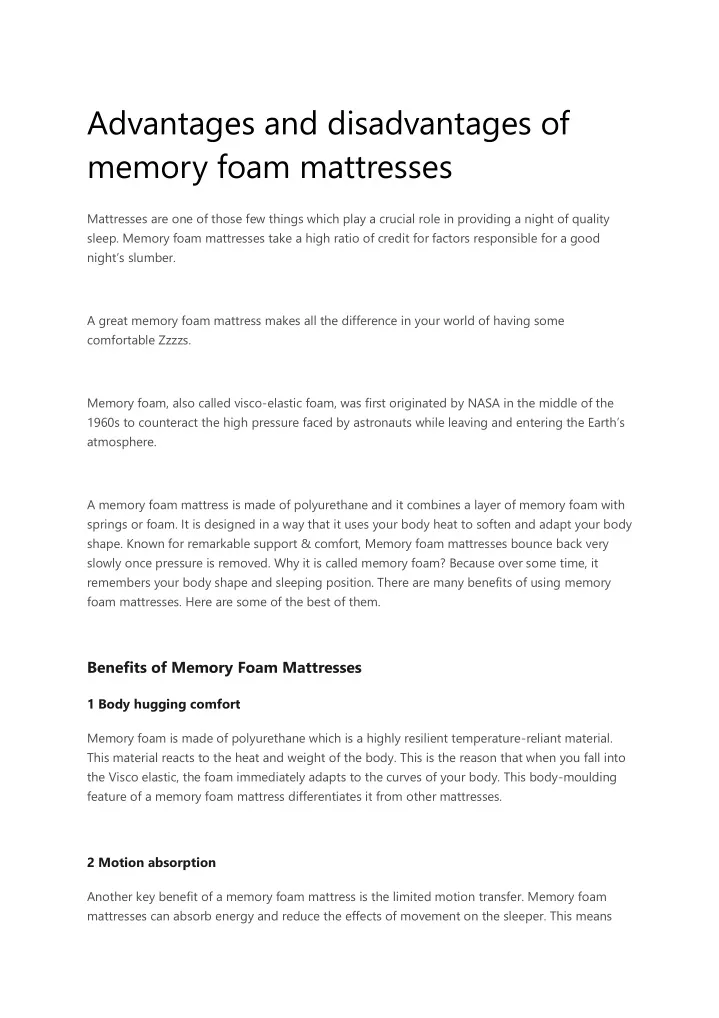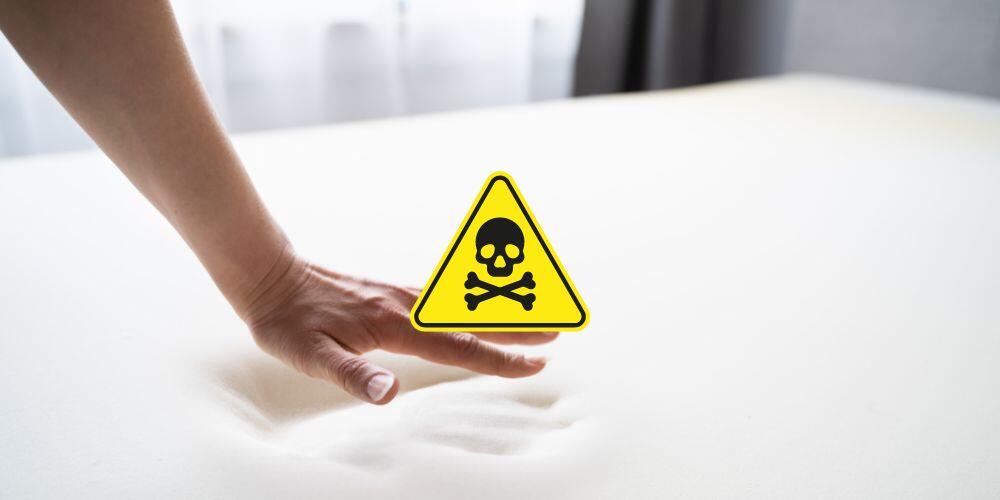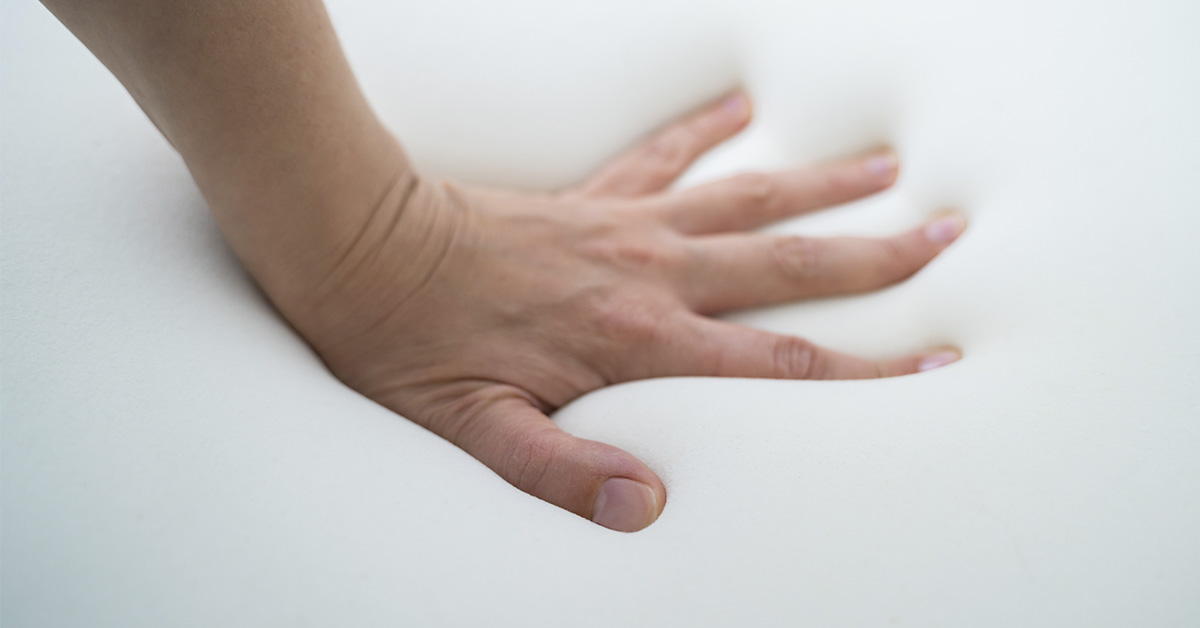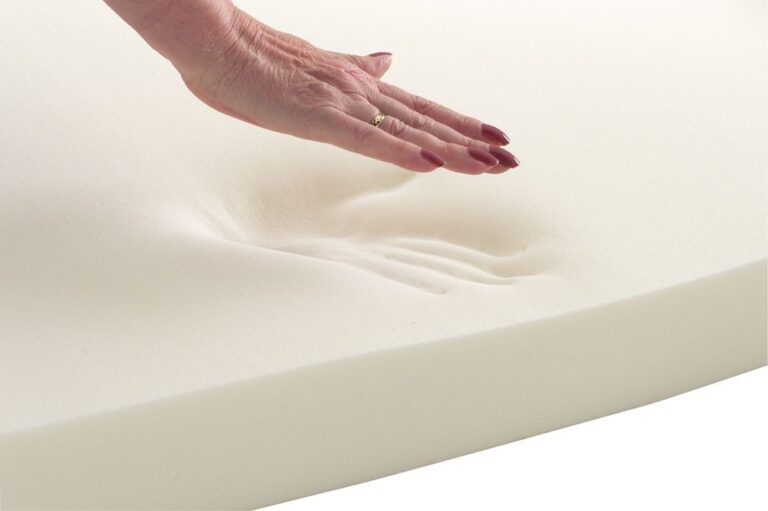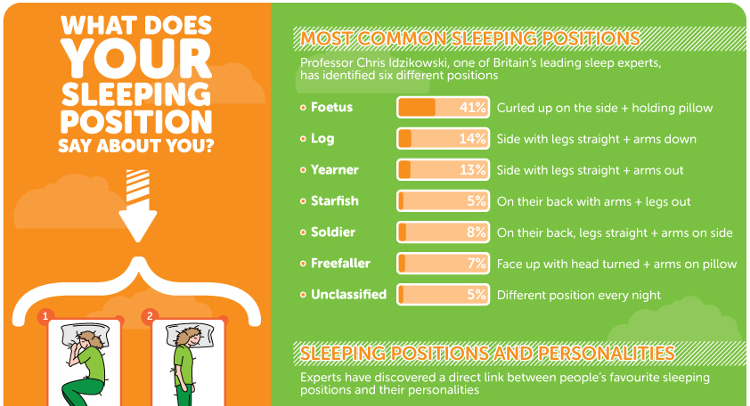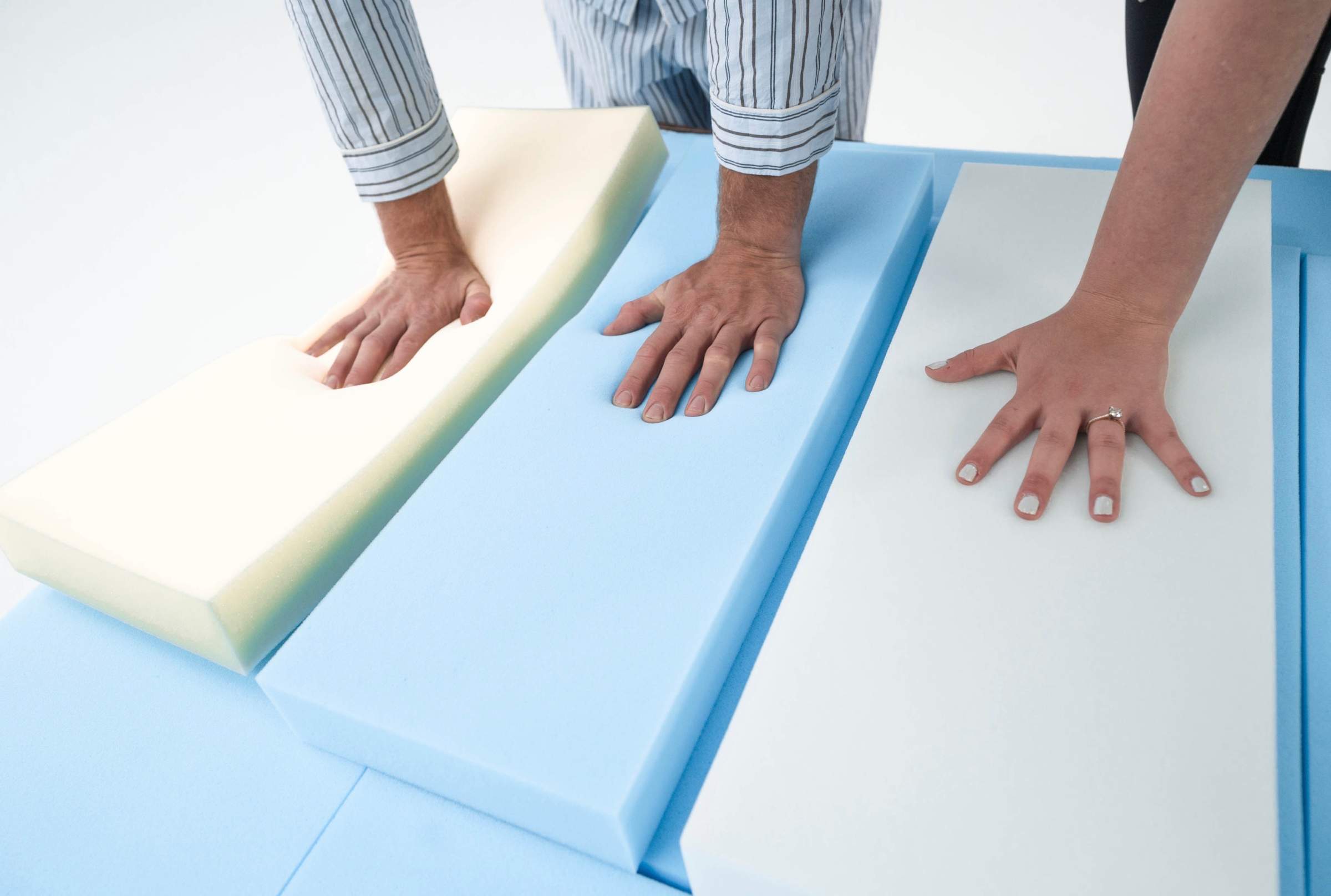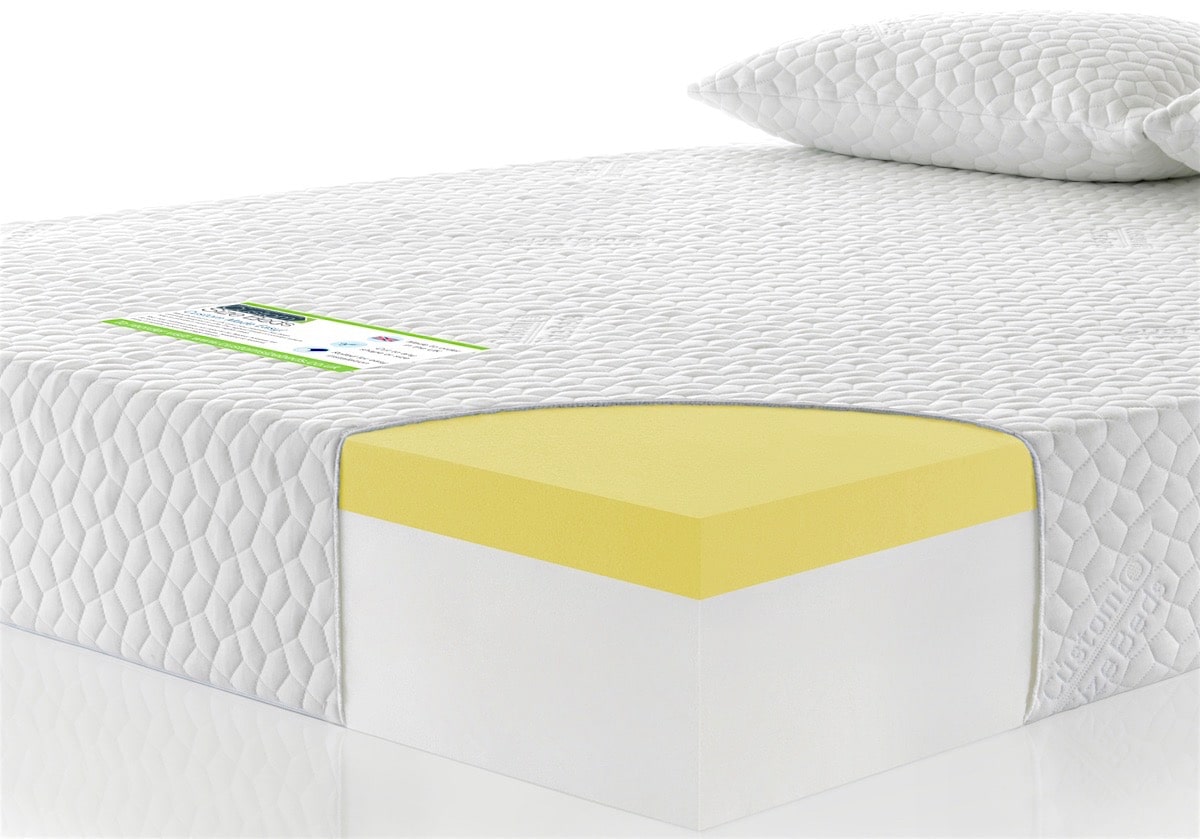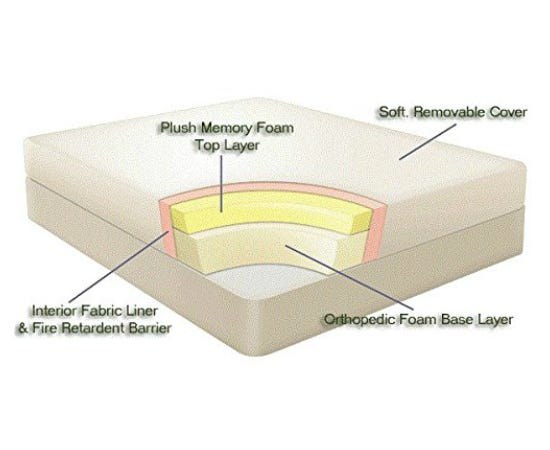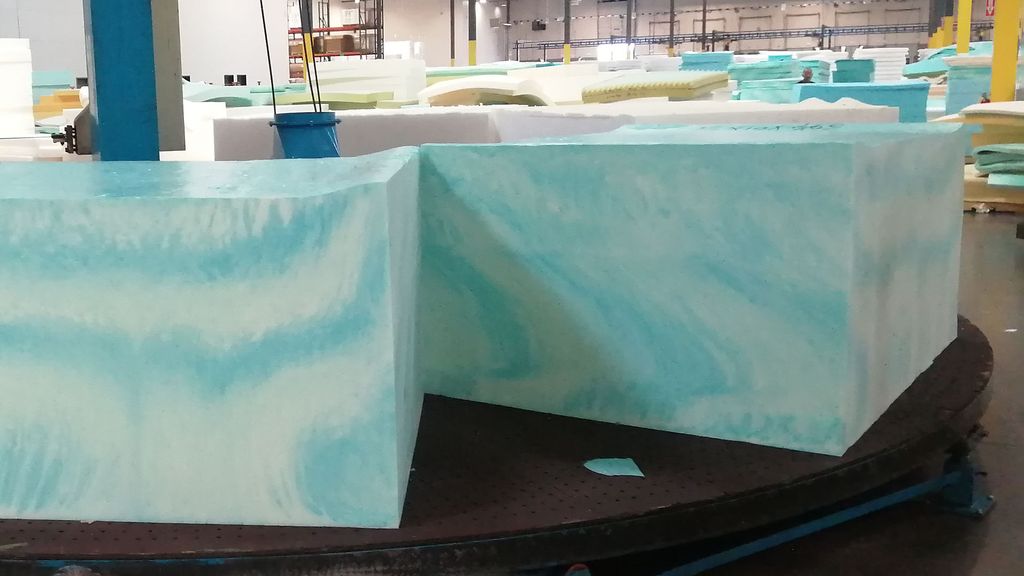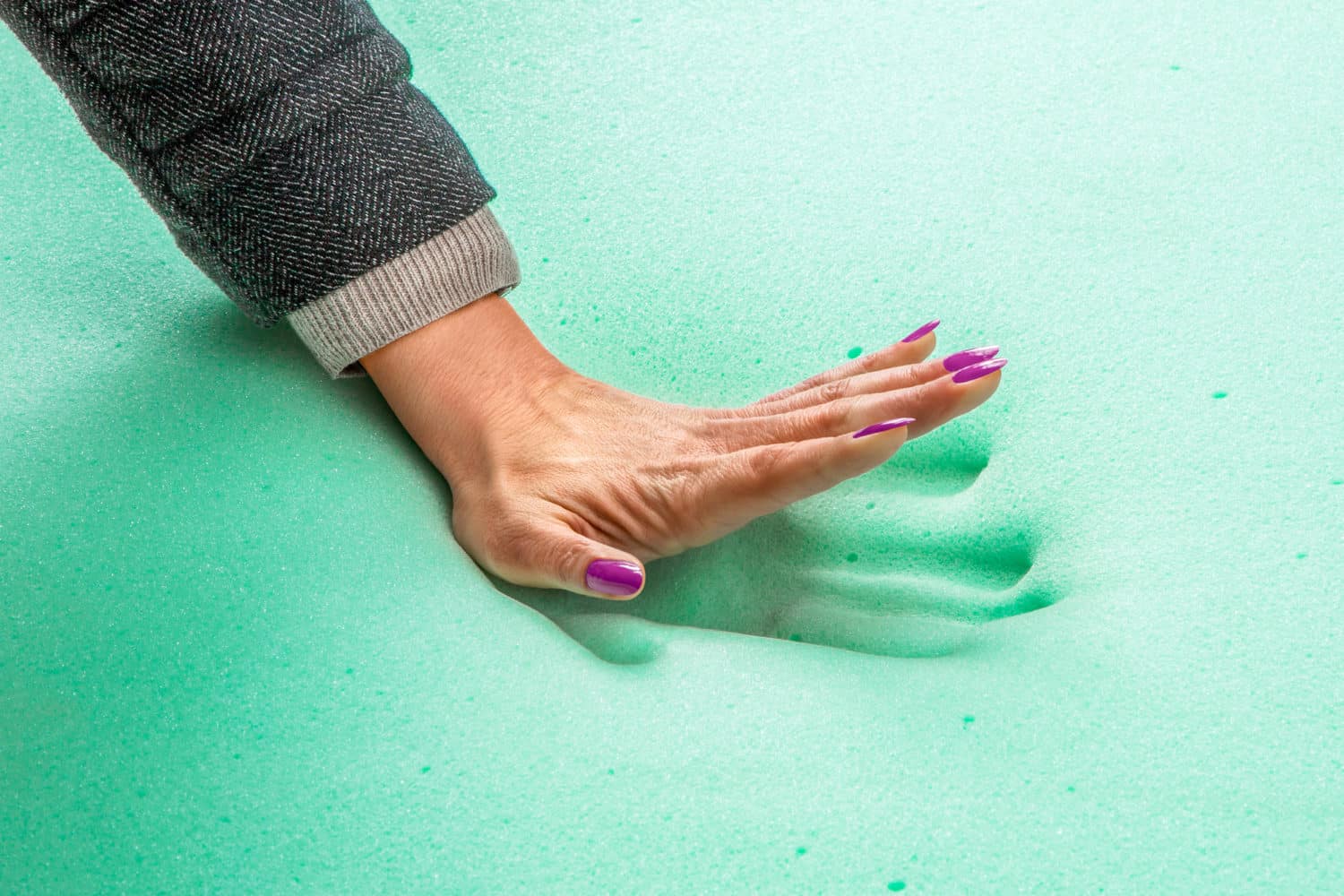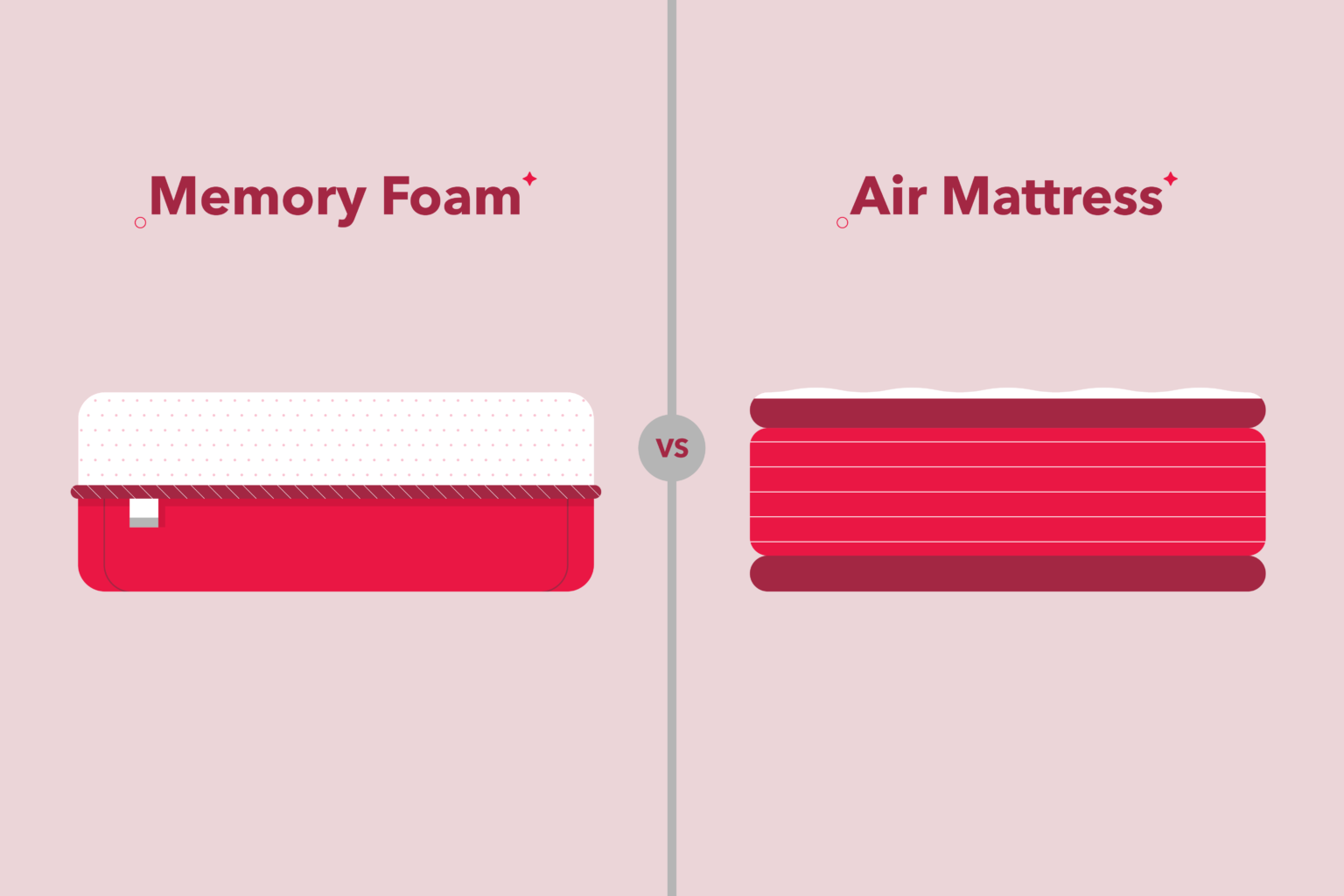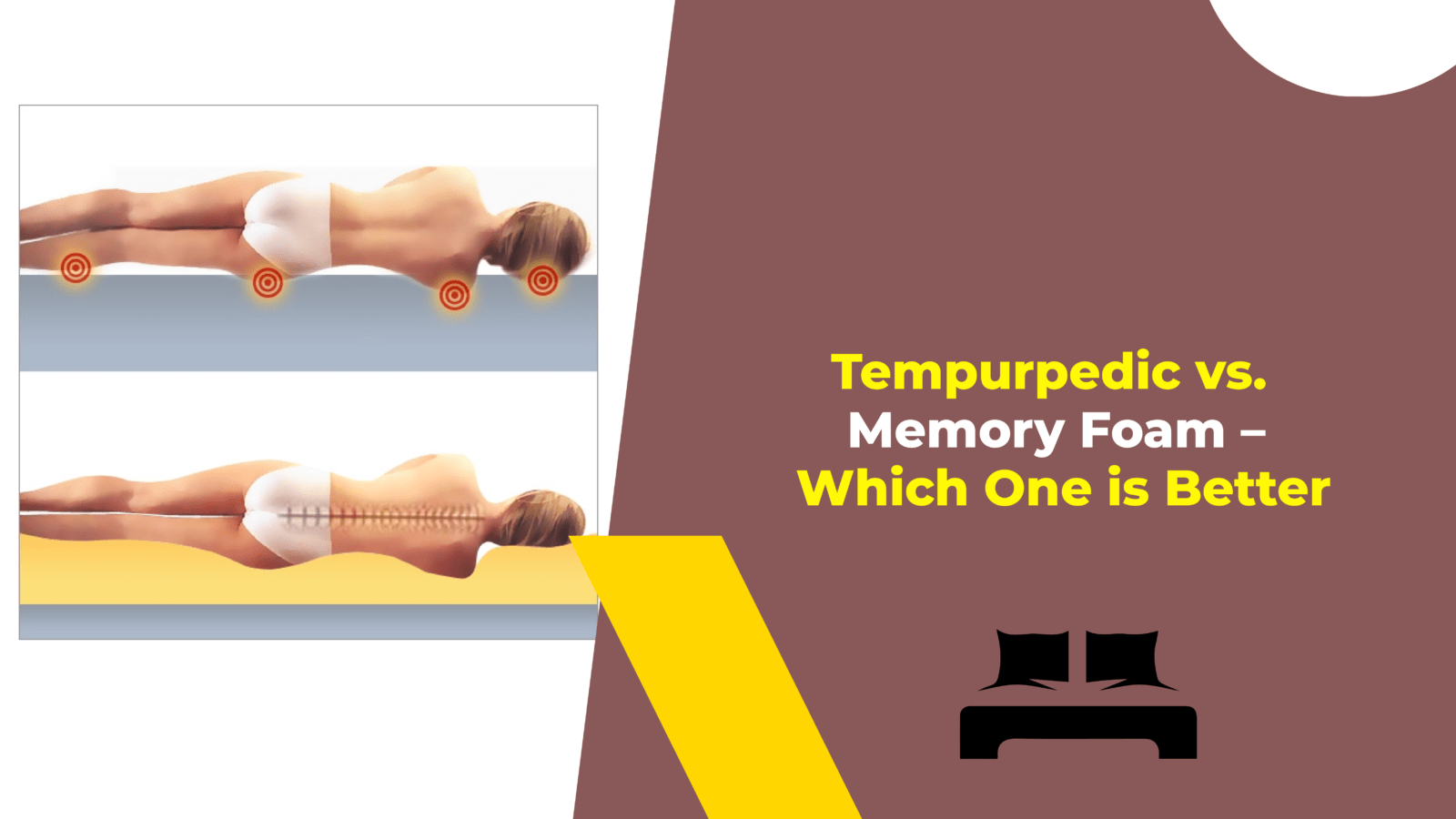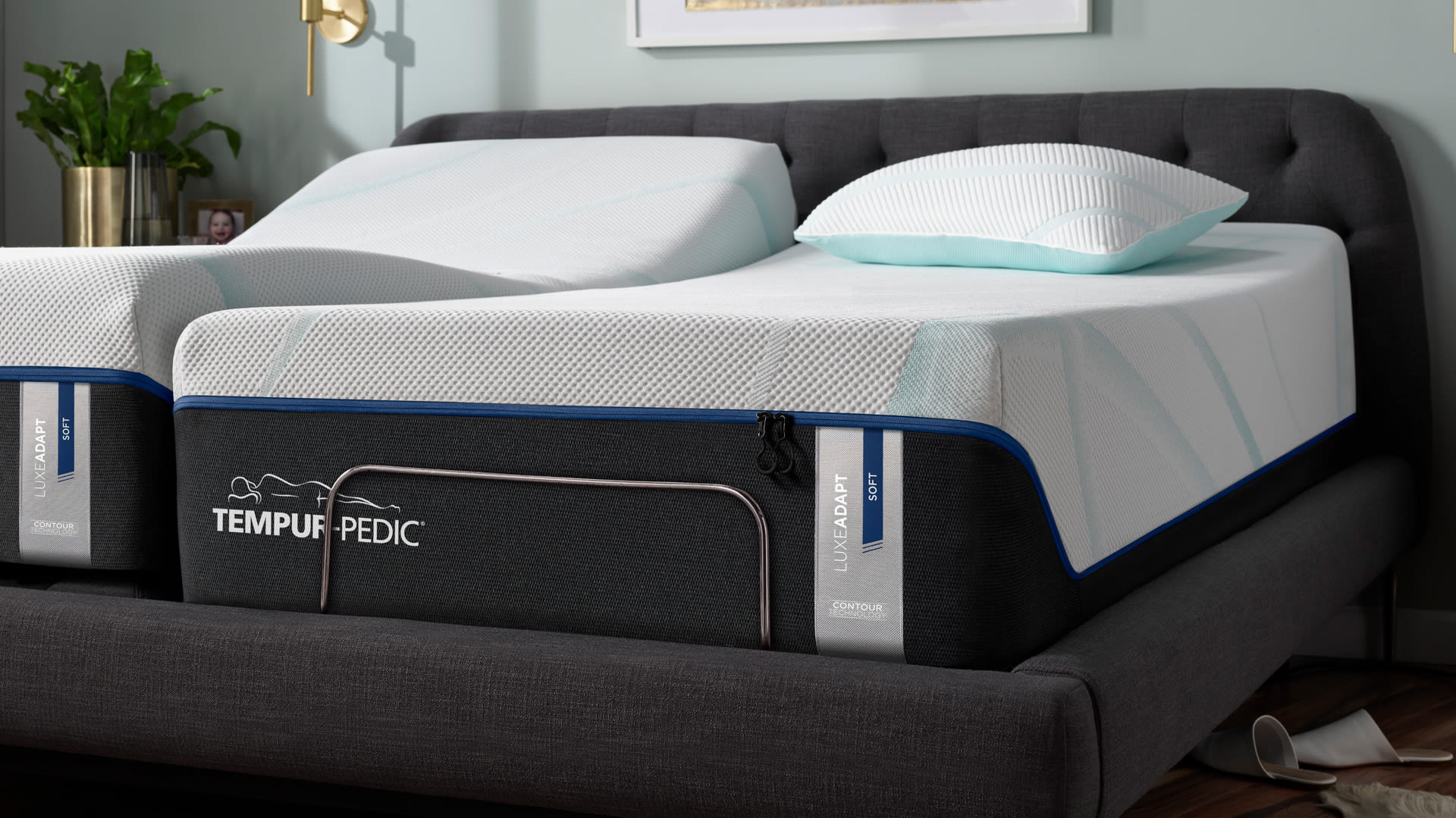When it comes to getting a good night's sleep, many people turn to memory foam mattresses for their comfort and support. However, recent studies have raised concerns about the potential health risks associated with these popular mattresses. So, are memory foam mattresses really safe to sleep on? Memory Foam Mattresses and Chemical Off-Gassing One of the main concerns about memory foam mattresses is the chemicals used in their production. Memory foam is made from polyurethane foam, which is a petroleum-based material. To give it its signature softness and support, memory foam is also treated with various chemicals, such as flame retardants and formaldehyde. These chemicals can emit a strong odor, known as off-gassing, which can be harmful to your health. Exposure to these chemicals can cause respiratory irritation, headaches, and even contribute to the development of certain cancers. Tip: Look for memory foam mattresses that are certified by CertiPUR-US® and have low VOC (volatile organic compound) emissions to minimize your exposure to harmful chemicals.Memory Foam Mattress Health Risks: Are They Safe?
Many people choose memory foam mattresses for their ability to conform to the body and provide pressure relief. However, this may not be the best option for those suffering from back pain. The Negative Effects of Sleeping on a Memory Foam Mattress While memory foam mattresses may feel comfortable at first, they lack the necessary support for your spine. This can cause your body to sink too deeply into the mattress, putting strain on your muscles and joints. Over time, this can lead to back pain and discomfort. Tip: If you suffer from chronic back pain, consider opting for a firmer, more supportive mattress to keep your spine properly aligned while you sleep.The Truth About Memory Foam Mattresses and Back Pain
In addition to the potential health risks associated with the chemicals used in memory foam mattresses, there are also other dangers to consider. Memory Foam Mattresses and Allergies Due to their dense composition, memory foam mattresses can trap allergens and dust mites, making them a breeding ground for allergens. This can be particularly problematic for those with allergies or respiratory issues, as it can worsen their symptoms and affect the quality of their sleep. Tip: To minimize allergens in your mattress, choose one with a removable and washable cover and regularly vacuum and air out your mattress.The Dangers of Memory Foam Mattresses
Another concern with memory foam mattresses is the potential for chemical off-gassing to continue long after the initial purchase. This can be especially harmful to children and infants, as they are more vulnerable to the effects of these chemicals. The Link Between Memory Foam Mattresses and Respiratory Issues Research has shown that sleeping on a memory foam mattress can lead to an increase in respiratory issues, such as asthma and allergies. The chemicals used in the production of memory foam can irritate the airways and cause breathing difficulties, especially in those who are already prone to respiratory issues. Tip: If you experience respiratory problems, consider switching to a more natural and organic mattress option.Memory Foam Mattresses and Chemical Off-Gassing: What You Need to Know
While memory foam mattresses may have some potential health risks, they also have their benefits. Memory Foam Mattresses and Sleep Quality The conforming nature of memory foam mattresses can provide pressure relief and promote better sleep quality for some individuals. It can also be a good option for those who share a bed with a partner, as the foam absorbs movement and reduces disruptions during the night. Tip: If you enjoy the feel of memory foam but are concerned about its potential health risks, consider a hybrid mattress that combines memory foam with other natural materials for a healthier sleep surface.The Pros and Cons of Memory Foam Mattresses
While memory foam mattresses may initially feel comfortable, they can actually disrupt your sleep quality in the long run. The Connection Between Memory Foam Mattresses and Sleep Disruptions The lack of proper support in memory foam mattresses can cause your body to sink too deeply, leading to discomfort and tossing and turning throughout the night. This can result in a disrupted sleep cycle, leaving you feeling groggy and unrested in the morning. Tip: If you find yourself waking up frequently during the night and feeling tired in the morning, it may be time to switch to a mattress that provides better support for your body.How Memory Foam Mattresses Can Affect Your Sleep Quality
In conclusion, while memory foam mattresses may offer comfort and support for some, they also come with potential health risks. From chemical off-gassing to back pain and sleep disruptions, it's important to weigh the pros and cons before deciding if a memory foam mattress is the right choice for you. A Healthy Sleep Solution For a healthier sleep surface, consider an organic or natural mattress made with materials like organic cotton, wool, and latex. These materials are free from harmful chemicals and can provide the support and comfort you need for a good night's sleep. Tip: Look for mattresses certified by GOTS (Global Organic Textile Standard) and GOLS (Global Organic Latex Standard) to ensure you're getting a truly organic mattress.Memory Foam Mattresses: Are They Toxic?
Why Memory Foam Mattresses May Not Be the Best Choice for Your Health

The Rise of Memory Foam Mattresses
 Over the past few decades, memory foam mattresses have become increasingly popular due to their ability to contour to an individual's body and provide a comfortable night's sleep. However, as more and more people invest in these mattresses, concerns have been raised about their potential negative effects on our health.
Over the past few decades, memory foam mattresses have become increasingly popular due to their ability to contour to an individual's body and provide a comfortable night's sleep. However, as more and more people invest in these mattresses, concerns have been raised about their potential negative effects on our health.
The Chemical Composition of Memory Foam
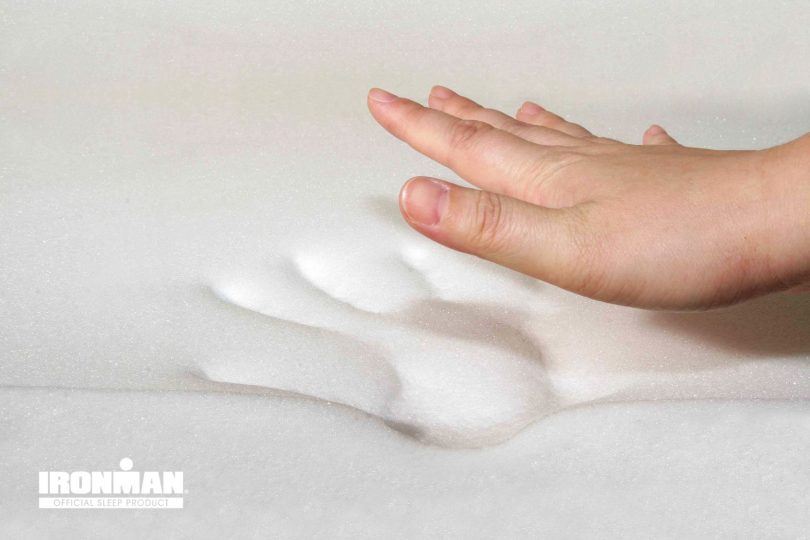 One of the main reasons why memory foam mattresses may not be the best choice for your health is due to their chemical composition. Memory foam is made from a polyurethane foam, which is then infused with various chemicals to create the signature sinking and molding sensation. Some of these chemicals, such as formaldehyde and benzene, have been linked to respiratory issues, skin irritation, and even cancer.
Additionally, memory foam mattresses are known to release volatile organic compounds (VOCs) into the air, which can cause headaches, dizziness, and nausea in some individuals.
These chemicals are particularly harmful to those with allergies or sensitivities, as they can exacerbate their symptoms and lead to long-term health issues.
One of the main reasons why memory foam mattresses may not be the best choice for your health is due to their chemical composition. Memory foam is made from a polyurethane foam, which is then infused with various chemicals to create the signature sinking and molding sensation. Some of these chemicals, such as formaldehyde and benzene, have been linked to respiratory issues, skin irritation, and even cancer.
Additionally, memory foam mattresses are known to release volatile organic compounds (VOCs) into the air, which can cause headaches, dizziness, and nausea in some individuals.
These chemicals are particularly harmful to those with allergies or sensitivities, as they can exacerbate their symptoms and lead to long-term health issues.
The Impact on Your Sleep Quality
 While memory foam mattresses may provide initial comfort and support, they can also have a negative impact on your overall sleep quality. The sinking sensation of memory foam can cause the body to overheat, leading to disrupted sleep and discomfort. This can be especially problematic for those who already struggle with regulating their body temperature at night.
In addition, the sinking sensation of memory foam may also lead to improper spinal alignment, resulting in back and neck pain over time.
This can be particularly concerning for those who already have existing back issues or chronic pain.
While memory foam mattresses may provide initial comfort and support, they can also have a negative impact on your overall sleep quality. The sinking sensation of memory foam can cause the body to overheat, leading to disrupted sleep and discomfort. This can be especially problematic for those who already struggle with regulating their body temperature at night.
In addition, the sinking sensation of memory foam may also lead to improper spinal alignment, resulting in back and neck pain over time.
This can be particularly concerning for those who already have existing back issues or chronic pain.
Is There a Better Alternative?
 Fortunately, there are alternative mattress options that prioritize both comfort and health. Natural latex mattresses, for example, are made from natural materials and do not contain harmful chemicals. They also provide similar comfort and support as memory foam without the risk of releasing VOCs. Hybrid mattresses, which combine memory foam with other materials such as coils, can also provide a healthier and more comfortable sleep experience.
In conclusion, while memory foam mattresses may seem like the perfect choice for a good night's sleep, their potential negative impact on our health cannot be ignored.
It is important to carefully consider the chemical composition and potential health risks before investing in a memory foam mattress, and to explore alternative options that prioritize both comfort and wellbeing.
Your sleep and overall health are too important to compromise.
Fortunately, there are alternative mattress options that prioritize both comfort and health. Natural latex mattresses, for example, are made from natural materials and do not contain harmful chemicals. They also provide similar comfort and support as memory foam without the risk of releasing VOCs. Hybrid mattresses, which combine memory foam with other materials such as coils, can also provide a healthier and more comfortable sleep experience.
In conclusion, while memory foam mattresses may seem like the perfect choice for a good night's sleep, their potential negative impact on our health cannot be ignored.
It is important to carefully consider the chemical composition and potential health risks before investing in a memory foam mattress, and to explore alternative options that prioritize both comfort and wellbeing.
Your sleep and overall health are too important to compromise.

